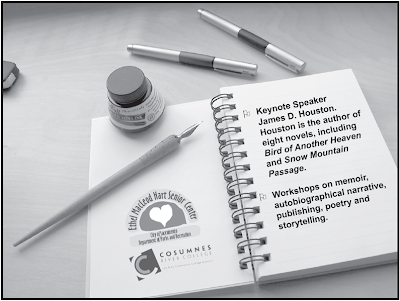Alexander McCall Smith Appearance in Sacramento, California
The Sacramento Bee Book Club will be hosting Zimbabwean-born author, Alexander McCall Smith, at the Pavilions Shopping Center near, not in, Borders Bookstore. Although I am not a reader of the detective series (you can't read everything), I plan to attend this April 25 event. But wait, I will be already at a writers' conference where I am teaching workshops on the making of a story. And talking of the making of a story, the idea of the Number 1 Lady detective agency is fantastic. The concept, the idea of detective stories set in Africa; that seems to be one of the latest sexy things about Africa nowadays, next to celebrities acquiring Malawian orphans. Worthy causes both. In fact, I have often lamented the near-absence of tangible genre literature in Africa and, it seems, Alexander McCall Smith has opened up a phenomenon in detective stories that may soon rival what J.K. Rowling has done with wizardry. And new African writers are also already establishing their names in the det




